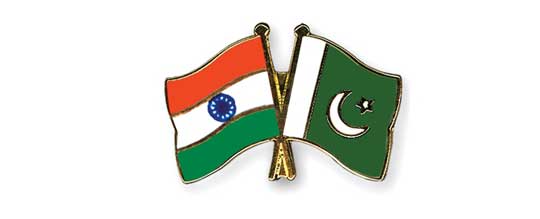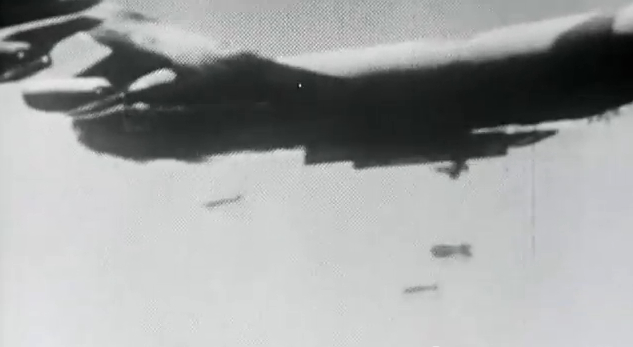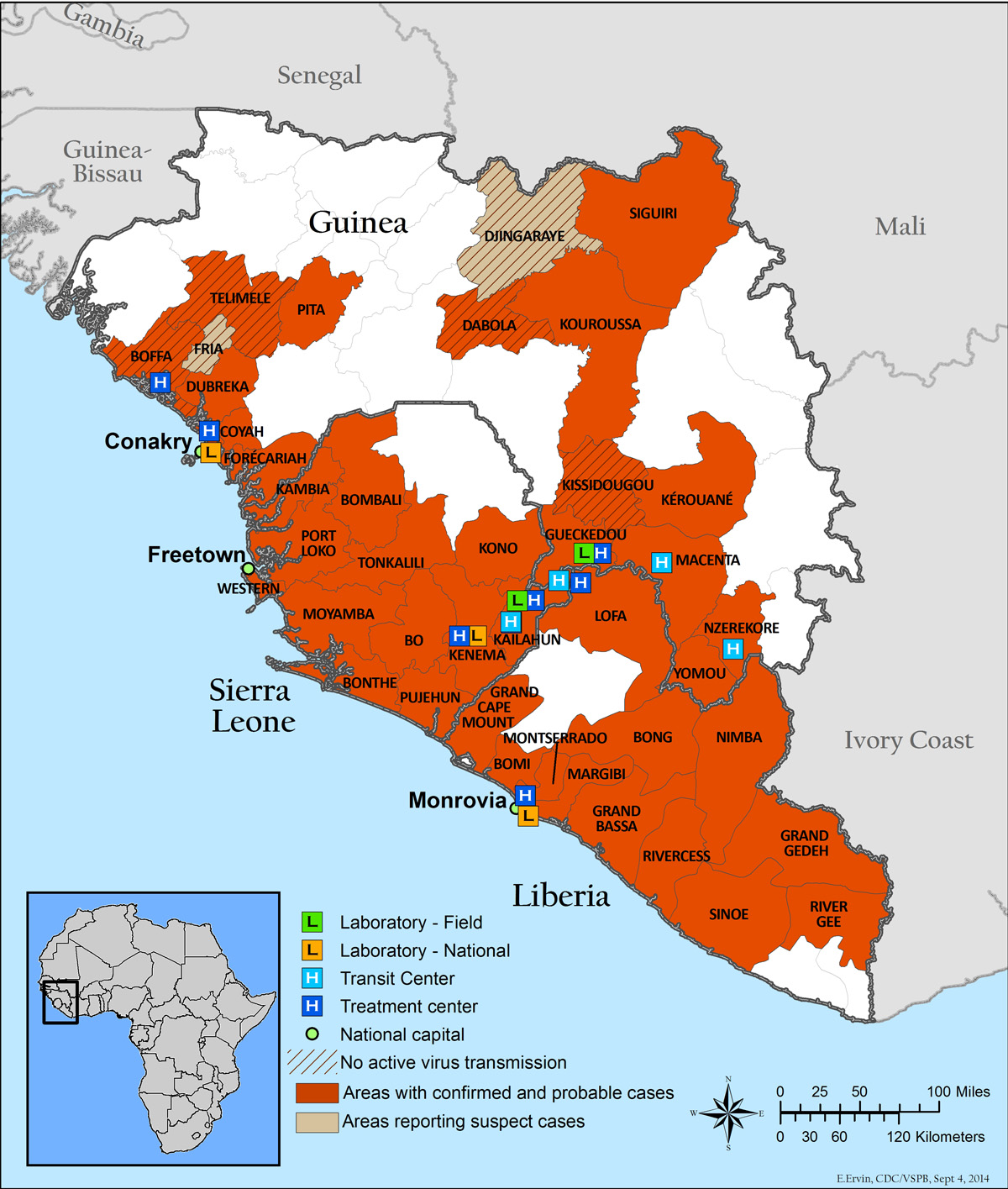Recently, Pakistan and India made international headlines for two very different stories.
The first report occurred two weeks ago, when the two countries issued warnings to each other about impending attacks in the disputed Kashmir region, after 19 civilians died in clashes between the two sides. Each country views the other as the perpetrator, and both claim to be acting in self-defence.
On October 10, 2014, a second major headline focused on Malala Yousafzai (a Pakistani), and Kailash Satyarthi (an Indian), who jointly won the Nobel Peace Prize for their individual efforts, promoting greater equality and opportunity for women and children.
India-Pakistan relations have been tumultuous since their separation in 1947. Control of the Kashmir region has consistently been a cause of contention that remains unsolved. In the past 67 years, the two countries have fought 3 wars over the disputed territory.
Diplomacy has proven ineffective. UN intervention and attempted peace talks have yet to result in real progress. In 1948, the UN established the United Nations Commission for India and Pakistan (UNCIP) to facilitate mediation. Although numerous resolutions have been passed since that time, many are non-binding, and subsequently unenforceable. In addition, nuclear weapons have amplified historical tensions. Avoiding further escalation requires both governments to seriously reevaluate their position on the disputed territory. Both sides must be wiling to compromise in order to reach an acceptable agreement.
Why have the two sides struggled to coexist? The largest obstacle has been competing egos, which have come in the way of any and every dispute that Pakistan and India have with each other. The two countries often compare themselves, and claim superiority whether in cricket, the economy, or the entertainment industry. This pride has prevented the development of a viable political relationship, and is extremely detrimental to both populations. In April 2012, an avalanche hit the Pakistani military base near the Siachen Glacier, another disputed region in Kashmir. While it is impossible for communities to exist in what is known as the “world’s highest battlefield,” 129 soldiers were unnecessarily stationed there and perished. This is a prime example of the senselessness of the entire conflict.
Perhaps Pakistan and India could learn from the achievements of Malala and Kailash, individuals who have made the betterment of their country their top priority. The leaders of both countries must set aside their pride and sincerely negotiate a concrete, not symbolic, agreement. Words without action are meaningless, and the conflict has endured long enough.




